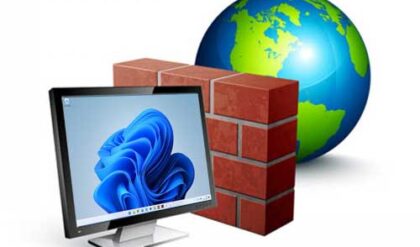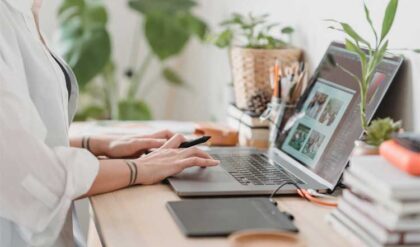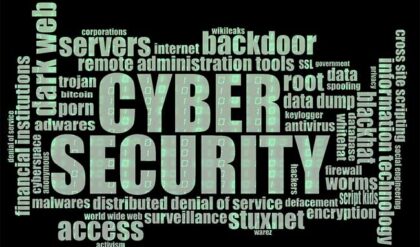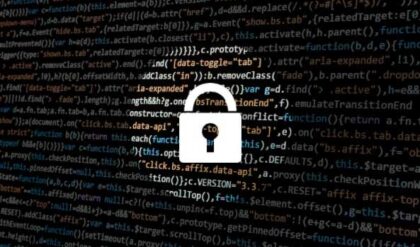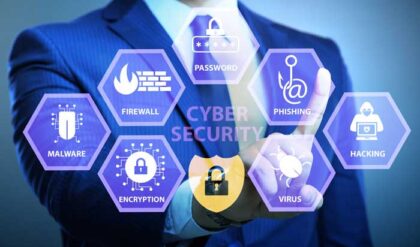What can you do to make your computer more safe?
If you’re not an IT expert, you can’t change your computer the way you change your shirt, so the BBC has come up with some techniques to help you take care of your Mac or PC. Maybe, no matter how much you know about computers. In this tutorial, I have covered several points to increase the security level of your computer. Even if you are taking your first steps with the world of technology, I can guarantee that the operations you need to perform are within the reach of everyone, including you.
1. Web Applications
Why install and use the office when you can get everything you want with applications like Google Docs, Adobe’s Buzzword or Zoho or Peepel. Any kind of work can be taken from today’s web applications that work within the browser.
2. Defragmentation
It accelerates the ability of a computer to work by combining scattered data into your computer. The way files are stored on a computer also slows down modern hard disks. As files are saved or deleted on the hard disk, all this data is stored on different parts of the hard disk instead of being stored together. As a result, access to files is slowed down. Configuring these blocks of information scattered on disk not only increases the available space in memory but also makes it easier to access information.
3. Set Passwords
Regarding the choice of passwords that will be used to protect the PC, I suggest using passwords that are long enough, difficult to guess (therefore completely meaningless) and Contains numbers, letters, and symbols. You can find out more about the strong titles you have developed for this topic.
4. Firewall
This is another way to protect your computer from cyber threats. If this is the first time you have heard of the word “firewall” or if, however, you may not be clear about what it means, know that firewall protection systems (which may include both software and hardware) There is nothing else. To prevent unauthorized access, two different networks. You need to get the settings done even for the secured websites like UK assignment help service.
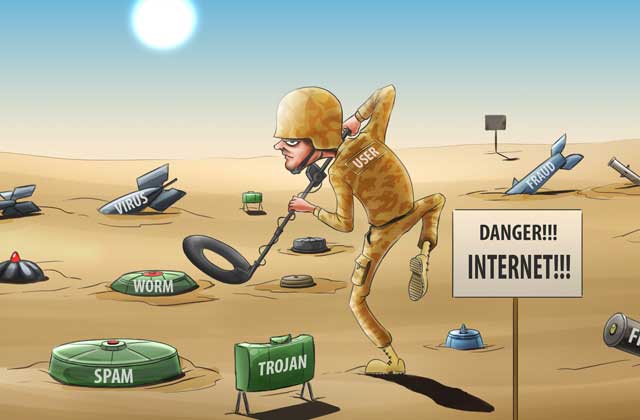
5. External storage Devices
You can store data on your computer, the physical devices you buy and maintain, such as DVDs and USB sticks, and external hard drives that you connect to your computer. They are under your complete control and are usually within your physical reach. This type of backup is sensitive to things that can destroy your computer, such as fires, water damage, natural disasters, and thefts, but they are certainly easy. Another reason to have two types of backup is when you take a new computer and want to transfer your old data to it, or, if you want to share specific data with someone else, transfer the data It becomes easier to do. Sometimes it is more useful to try to sync some parts of the backup from the cloud than to copy specific files from a USB stack. Other times, when you’re setting up a new computer, it’s best to move everything on your own.
6. No Public Wi-Fi
I finally recommend you to avoid connecting to public Wi-Fi networks. For what reason because they are not properly secured, cybercriminals can cleverly use public Wi-Fi networks to “snore” the data of those who are connected to them.
7. Programs to Remove Extras
Your computer may contain a lot of old files that you no longer use, and these files have taken up space on your computer. There are several programs available for PC and Mac computers in the market. Programs such as Space Sniffer or WinDirStat for PC can tell you which files occupy the most hard disk space.
8. Updated software
If you want to make your PC faster, you should also keeep the operating system and the programs installed on it updated. The latest information released by the Microsoft, Apple, and the software house that develops programs, in fact, often exploits real security loopholes to prevent attackers from accessing PCs.
9. Antivirus
Installing a good antivirus is one of the most important steps you should take to protect your computer. You can download free antivirus or buy paid antivirus. Both of these solutions are valid, though all that being said, paid antivirus offers some additional features that can always be useful: they usually allow you to enable settings that allow cybercriminals to Prevents control of a webcam or microphone connected to C, they offer password managers to store passwords in your accounts and much more.
10. Cloud Backup
You can also back up data in the cloud. When data is “in the cloud” it’s far from the site, so you don’t have to worry about natural disasters and physical theft that could compromise your computer’s backup. Is. It also places a responsibility on someone else to protect your data. Companies that retain cloud data have a lot of security measures in place, much more than you can manage yourself.
The Bottom Line:
If you really need to go online when you’re away from home, use your smartphone as a modem. Clearly, teaching to surf you should have a SIM with a suitable data plan available, especially if you plan to browse for several hours, view multimedia content or download large files. In all offline and online searching and performing tasks on PC these tactics and tips will help you get your PC’s Speed up.

